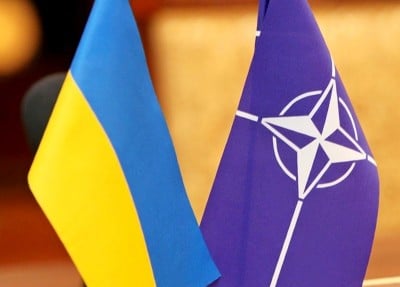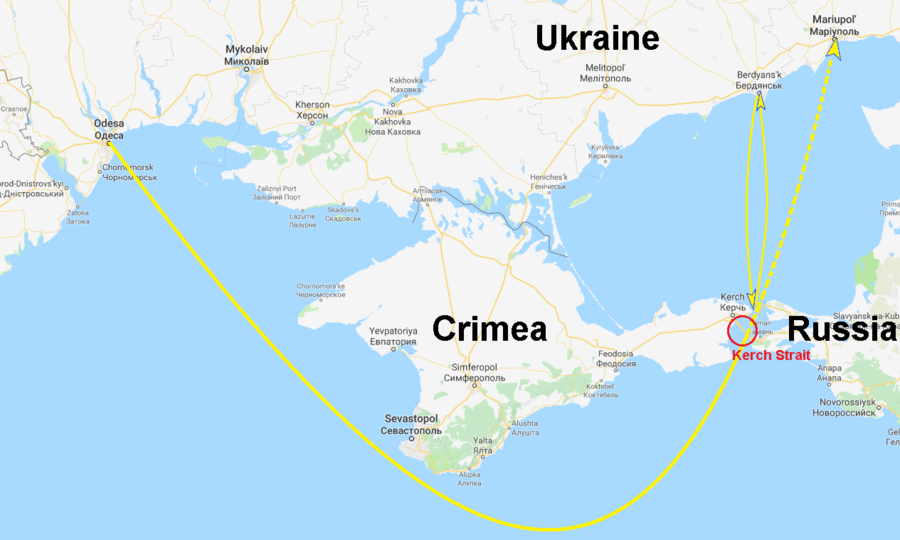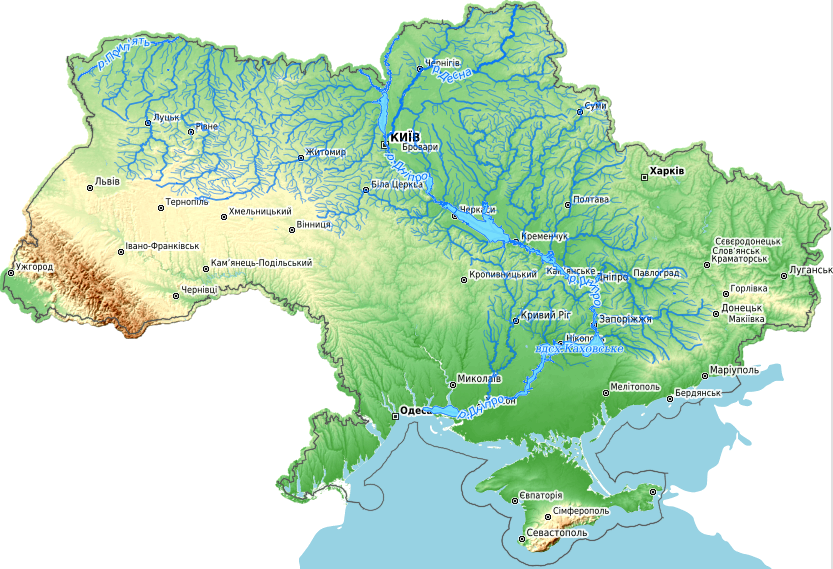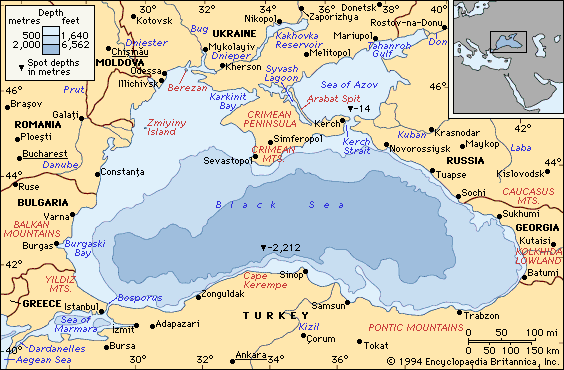Ukraine Had Lost the War Before It Even Started
Part I

All Global Research articles can be read in 51 languages by activating the Translate Website button below the author’s name (desktop version)
To receive Global Research’s Daily Newsletter (selected articles), click here.
Follow us on Instagram and Twitter and subscribe to our Telegram Channel. Feel free to repost and share widely Global Research articles.
***
First published on January 25, 2023
Introduction
In the course of the last 11 months, I have been reviewing on a daily basis numerous carefully documented articles on the unfolding war in Ukraine,
The evolving consensus — after eleven months which emanates from the senior ranks of the US military and intelligence establishment — is that Ukraine “has lost the war”.
What strikes me in this ingenuous assessment is something which should have been obvious to analysts from the very outset of Russia’s “Special Operation”.
Ukraine Had Lost the War Before it Even Started
I will start with the obvious, much of which has been confirmed by official sources and analysis.
From Day One, Russia was involved as part of it’s “Special Operation” in “precision” attacks against Ukrainian military installations, which commenced hours prior to President Putin’s February 24, TV address:
“I am referring to the eastward expansion of NATO, which is moving its military infrastructure ever closer to the Russian border. It is a fact that over the past thirty years we have been patiently trying to come to an agreement with the leading NATO countries …In response, we invariably faced either cynical deception and lies or attempts at pressure and blackmail.”
From one week to the next, Ukraine was without a Navy and without an Air Force, destroyed at the outset in late February, early March 2022.
Part II of this article focusses in detail on another obvious concept, which has not been the object of media coverage or even analysis by the independent media:
Turkey, NATO’s heavyweight is “Sleeping with the Enemy”. It has a military cooperation agreement with Russia
What this means is that under present conditions a US-NATO war against Russia is an impossibility.
The Black Sea is strategic. While the Ukraine coastline is in large part controlled by Russia, Turkey controls the entire Southern coastline of the Black Sea as well as access to the Mediterranean. (under the Montreux protocol) (see map below)
Turkey is playing a double game, it is not acting on behalf of NATO in the war theater. It is “unofficially” collaborating with Russia. The March 2022 failed peace agreements in Istanbul were hosted by the Erdogan government.
The Obvious: How Could Ukraine Win a War without an Air Force and a Navy?
According to Russian Sources quoted by B. K, Bhadrakumar (March 25, 2022);
The Russian General Staff disclosed that Ukrainian air force and air defence is almost completely destroyed [March 2022], while the country’s Navy no longer exists and about 11.5% of the entire military personnel have been put out of action.
[Quoting Russian sources] Ukraine has lost much of its combat vehicles (tanks, armoured vehicles, etc.), one-third of its multiple launch rocket systems, and well over three-fourths of its missile air defence systems and Tochka-U tactical missile systems.
Sixteen main military airfields in Ukraine have been put out of action, 39 storage bases and arsenals destroyed (which contained up to 70% of all stocks of military equipment, materiel and fuel, and more than 1 million 54000 tons of ammunition.)
Ukraine had not only lost its naval power in the Black Sea, it had also lost its maritime access to the Sea of Azov and Eastern Ukraine.
That happened in February-March of last year.
The Kerch strait in Eastern Crimea is controlled by Russia. It constitutes a narrow maritime gateway which links the Black Sea to the Sea of Azov.

All major ports on the Sea of Azov are currently under Russian control.
The Dnieper Seaway
The Delta of Ukraine’s major river-way the Dnieper is controlled by Russia, despite Russia’s withdrawal from Kherson.
The Dnieper is a strategic seaway extending from Belarus, Northern Ukraine and Kiev down to the Black Sea.
The Dnieper is a major corridor for Ukraine grain cargo transportation and maritime commodity trade out of the Black Sea, which is controlled by Russia in collaboration with Turkey. (on Turkey’s role, see Part II)

Part II of this article is entitled:
Unspoken Divisions within NATO. “Sleeping with the Enemy”


